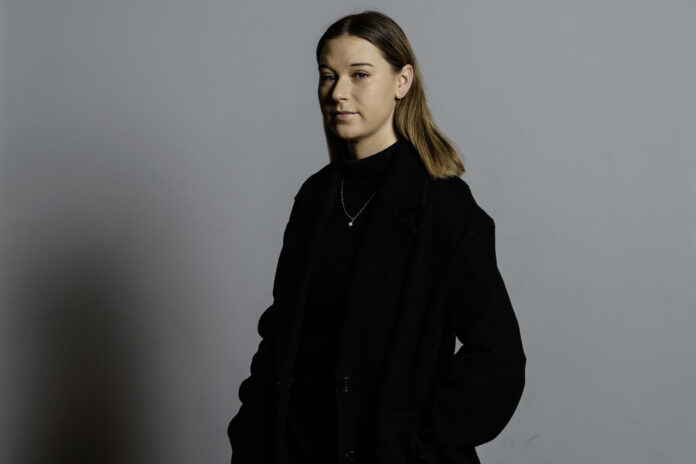The biggest sacrifice I had to make when I moved to The Netherlands was (temporarily) giving up adventure. The classical ‘survival’ type, where you can get lost in untamed nature, where cell signal and a recognisable road is a far-fetched myth. It’s a feeling I crave more than I crave sugar. A craving that cannot be satisfied in the flattest country on earth. Forget lounging by the pool or sipping on a tropical drink—give me a rugged trail, mountains and throw in some unpredictable weather and I am in my happy place. Adventure isn’t just a pastime for me; it’s my version of relaxation.
Imagine then my excitement for my upcoming trip on the Camino de Santiago. While others might view a two-week trek across Spain in the blistering sun as a gruelling ordeal, to me, it’s the ultimate way to unwind. Trading in the monotony of daily life for the uncertainty of the open road. Just my kind of paradise.
Exploring and venturing is in our blood, and it dates to further than we can even comprehend. The world was explored and subsequently mapped because some people could not sit still and just accept a mundane life in their familiar surroundings. Be it the Vikings or our nomadic ancestors, we were made to explore.
Each obstacle, whether it’s a steep climb, an unexpected detour, or the sheer exhaustion of a long day, strips away our trivial worries
To me, life is just the trivial little happenings in between my adventures. I am in a near-constant state of ‘post-adventure blues’. A period marked by feelings of nostalgia, restlessness, or a sense of emptiness after returning to everyday life.
There’s something profoundly satisfying about stepping into the unknown, armed only with a sturdy backpack, a pair of worn-in shoes, and knowing that I am responsible for my survival. For someone who gets antsy during a movie marathon and finds peace amidst turmoil, challenges are not a burden but a blessing.
The irony is that physical challenges are a mental escape. Maybe even better, a mental tool. Each obstacle, whether it’s a steep climb, an unexpected detour, or the sheer exhaustion of a long day, strips away our trivial worries. It forces me to focus on the present moment, to engage fully with the task at hand.
The psychology behind adventure examines how we navigate risk, chase rewards, and bounce back from setbacks. The neurochemical reward system of dopamine and adrenaline fuels our curiosity. Risk-taking behaviour cultivates resilience, making us better at dealing with whatever life hurls at us. Explorers make for better problem solvers.
So maybe curiosity might have killed the cat, but it has done no harm to me. Knock on wood!
CARLA ERASMUS



